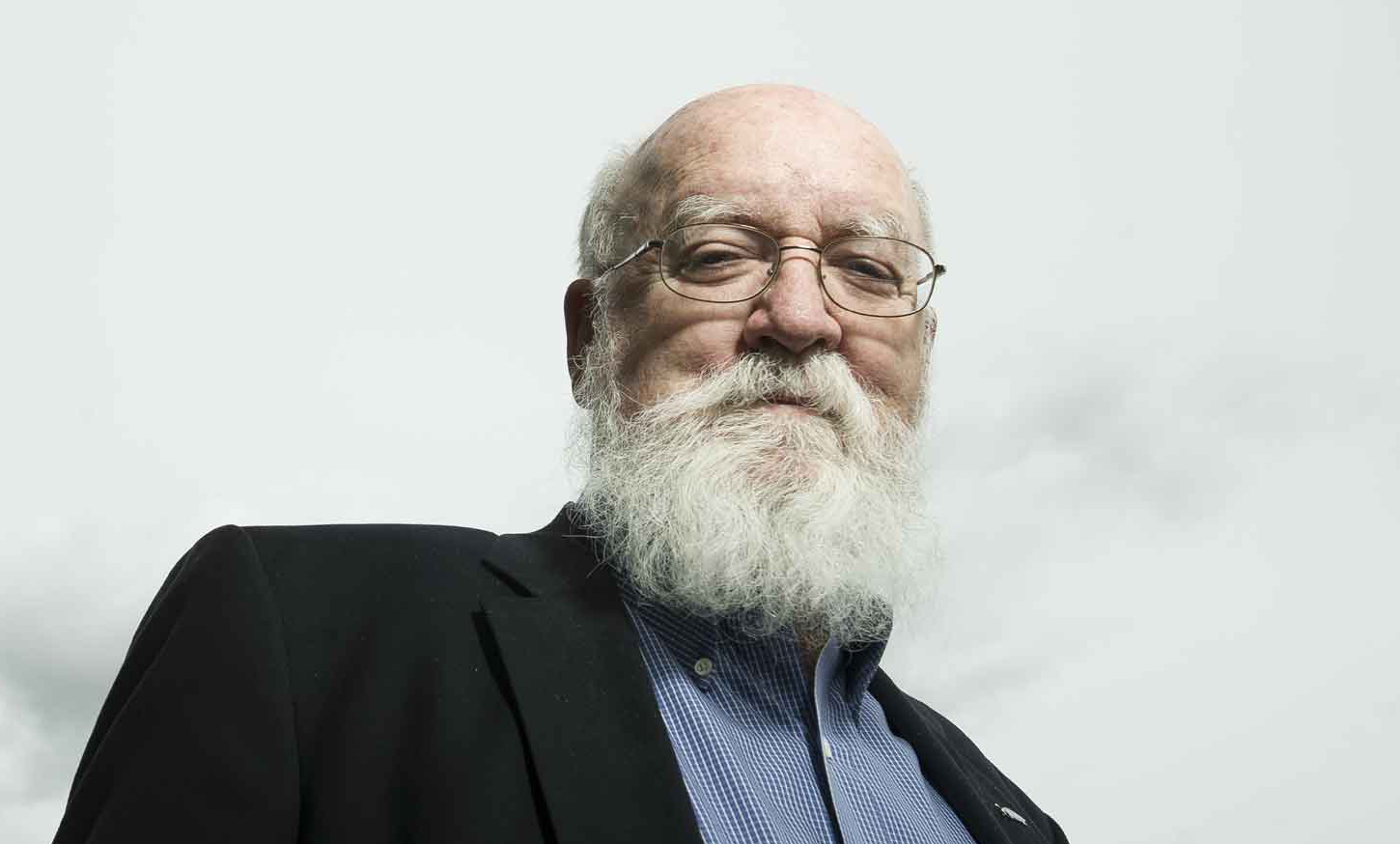You’re at home, enjoying a hot drink on a winter’s day. You have a dog resting beside you on the floor, staring nobly into the fire. A large clump of snow (if you don’t live in a country with snow, pretend) falls from the roof making a sharp thud. What happens next?
Dog owners know — the dog will be up in an instant, barking with fury (unless it’s a handbag dog). There’s something very basic about this response. The interesting thing (as pointed out by Daniel Dennett in his book) is that the dog assumes the sound was caused by an agent. The dog isn’t barking because of “what’s there?”, it’s barking because of “who’s there?”. Daniel Dennett in his book

Humans are the same. I was walking along a pier one night. A light flashed in the water a few metres away. I jumped in a very “who’s there?” moment. Once the non-reptilian part of my brain kicked in, I realised it was just an electric light put up for the benefit of vessels. When you jump in a fright, your brain expects to fight with or flee from a human agent. It’s completely normal and you can’t help it. (The Robinson Crusoe picture illustrates this well since both him and his dog are startled by the footprint. I’d say they were startled even before they realised it was a footprint, since anything out of the ordinary is interpreted as a sign of humans.)

Though we live in a fabulous techno-tastic utopia, only some parts of our brain are used to it. Other parts still expect invading tribes we’ve never seen (as opposed to electrical devices we see every day). For our hunter-gatherer ancestors, the expectation would have been much greater. If you’re hunting/gathering you’ll need to watch for signs of human activity for kilometres all around you. The hostile tribes could charge at any time. The slightly too-well-positioned sticks could indicate an ambush and save your life.
Is any wonder that our brain creates agency? Even a creaking in the dark gets attributed to agents all the time.. And from there it’s the tiniest of steps before we’re animists, seeing rocks, trees, rivers as conscious beings. Children are animists so it’s the default. The great surprise (and wonder) isn’t that superstition exists, it’s that most people (even the superstitious) can transcend superstition in at some areas of their lives.




0 Comments